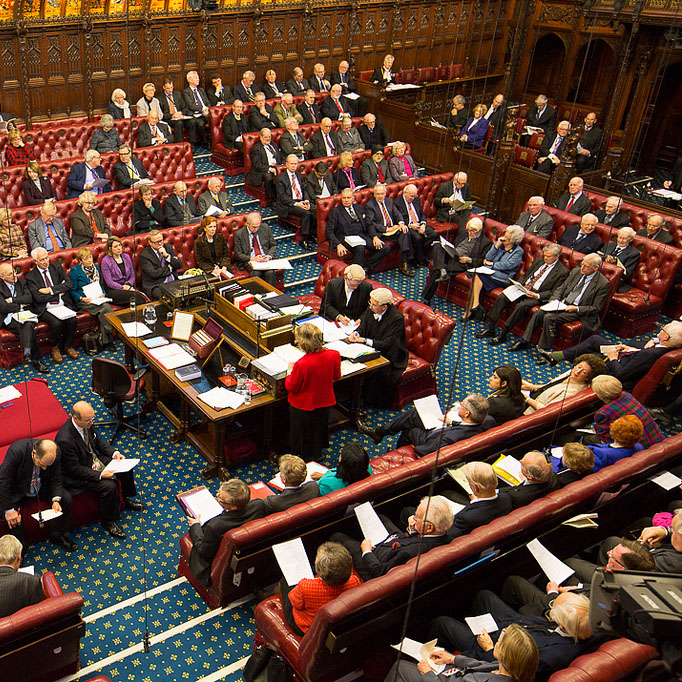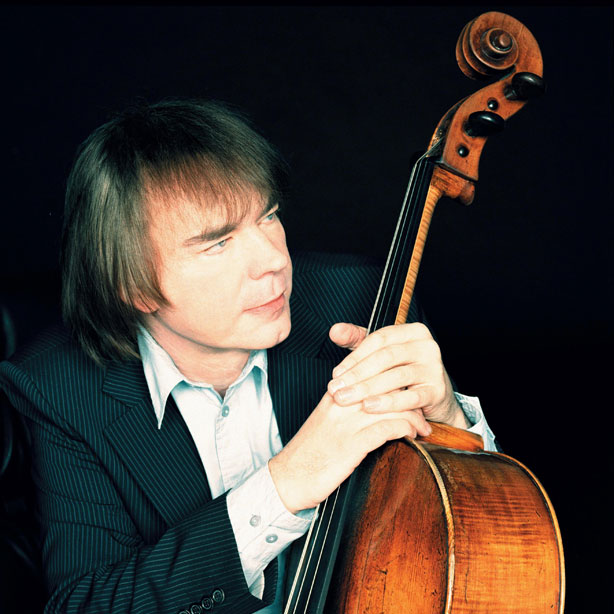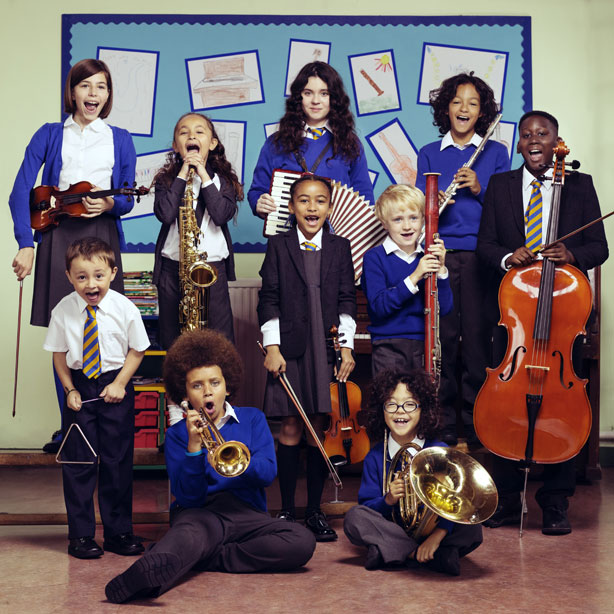House of Lords: "The arts are integral to education"
The House of Lords held a passionate debate yesterday afternoon on the importance of arts in education – after Education Secretary Nicky Morgan suggested choosing arts subjects reduces young people's career opportunities.
In the session, peers from all backgrounds spoke about their own personal love for the arts, how it has helped them in their careers and why it should continue to benefit children today.
Opening the debate, the Earl of Clancarty highlighted that since 2003, the number of students taking music GCSEs has fallen by 10 per cent – and drew attention to the Department for Education statistic that 21 per cent of schools with a high proportion of free school meals withdrew arts subjects in 2012.
"There is a real danger ... that the arts will become a province only of the rich,"
he declared. "We need to get the emphasis back to schools and the funding and provision for arts subjects within them so that there can be universal access to arts education, replacing a current policy based on piecemeal initiatives."
Lord Abedare, who led the
recent House of Lords debate on music in education, referred again to the Don't Stop The Music amnesty and campaign and set forth many of the same questions asked by James Rhodes to Schools Minister Lord Nash, including: "What can he do to ensure that Ofsted takes music and arts education more formally into account in its inspections?" and "What can the department do to broaden the impact of schemes such as 'Don’t Stop the Music', so that more schools benefit from them?"
Lord Nash responded by highlighting the incoming (in 2016) Progress 8 measure, which will assess pupils' progress in eight GCSE subjects rather than five, saying: "As a result, schools will have a greater incentive to offer a range of arts subjects, to allow pupils to study more than one arts subject, and to teach those subjects well." He also mentioned the current Ofsted consultation into "increasing the emphasis in the inspection framework given to the breadth of the curriculum".
In terms of funding for arts and music programmes, he said "We will be announcing funding for 2015-16 shortly", and on teachers highlighted that "the proportion of music ITT trainees with at least a 2.1 has increased substantially. Now, 82 per cent of them have a 2.1, which has risen since 2011-12 by 13 per cent."
However despite declaring that "children's education ... is not complete until they have learnt to sing, play a musical instrument and compose, or until they can understand staff notation, without which many musical doors will remain closed to them" he admitted this is still the case for many children, citing the ABRSM's recent Making Music report. He said: "15 per cent of five to 17 year-olds said that they had never played an instrument, and 40 per cent of the children from lower socioeconomic groups who have never played an instrument said they had no opportunity to learn one at school. We need this to improve."
"A child’s economic background should not determine whether they are able to play a musical instrument, or whether they are able to continue to play and make progress."
Read the full transcript of the debate in the House of Lords.
Sign the Don't Stop The Music petition calling on Nicky Morgan to give all children a chance to learn a musical instrument.




